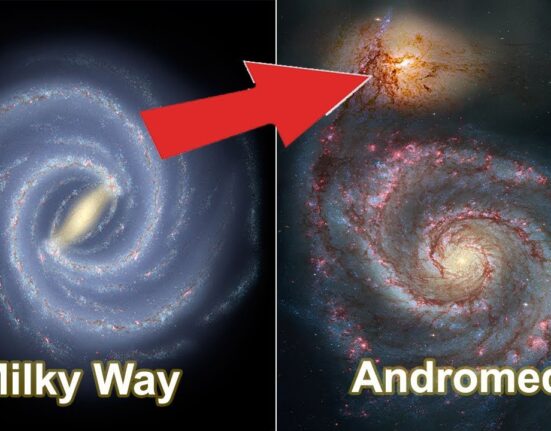Wildfires are often associated with images of raging flames, scorched landscapes, and hazy skies. However, a lesser-known but equally significant impact of wildfires is their effect on mental health. According to Kari Nadeau, a prominent figure in environmental health studies,
“Wildfire smoke isn’t just a respiratory issue — it affects mental health, too.”
This statement sheds light on a crucial aspect that has long been overlooked in discussions about the aftermath of wildfires.
In a groundbreaking study set to be published in JAMA Network Open by Nadeau and her team, the direct correlation between exposure to wildfire smoke and worsening mental health conditions such as depression, anxiety, and mood disorders has been unveiled. The research delves deep into how wildfire-specific PM2.5 — tiny inhalable particles found in smoke — can have immediate and lasting effects on mental well-being.
While previous studies have explored the physical health implications of PM2.5 exposure, this study marks the first attempt to isolate the short-term impact of wildfire-specific PM2.5 on mental health outcomes. By focusing specifically on California during its most severe wildfire season in 2020, researchers were able to capture real-time data reflecting the tangible consequences of inhaling wildfire smoke.
“The disparities in impact by race, sex, age, and insurance status suggest that existing health inequities may be worsened by wildfire smoke exposure,”
highlighted lead author YounSoo Jung. This critical observation underscores the urgent need for tailored interventions that prioritize vulnerable populations who bear the brunt of these environmental hazards.
Amidst escalating concerns about climate change-induced wildfires becoming more frequent and intense, understanding the multifaceted repercussions of these disasters is paramount. As Mary Johnson and Caleb Dresser from Harvard Chan stress the importance of comprehensive healthcare access during wildfire seasons for all individuals regardless of background or socioeconomic status.
The study’s findings reveal a stark reality: every 10 μg/m3 increase in wildfire-specific PM2.5 translates to a surge in emergency department visits for mental health conditions like depression and anxiety for up to seven days post-exposure. Particularly at risk are women, children, young adults as well as Black and Hispanic individuals along with Medicaid enrollees – shedding light on how societal factors intersect with environmental crises.
As we navigate an era where wildfires loom larger on our horizon due to climatic shifts, this research serves as a poignant reminder of the intricate ways nature’s fury can reach beyond what meets the eye – seeping into our minds and hearts with profound consequences.









Leave feedback about this